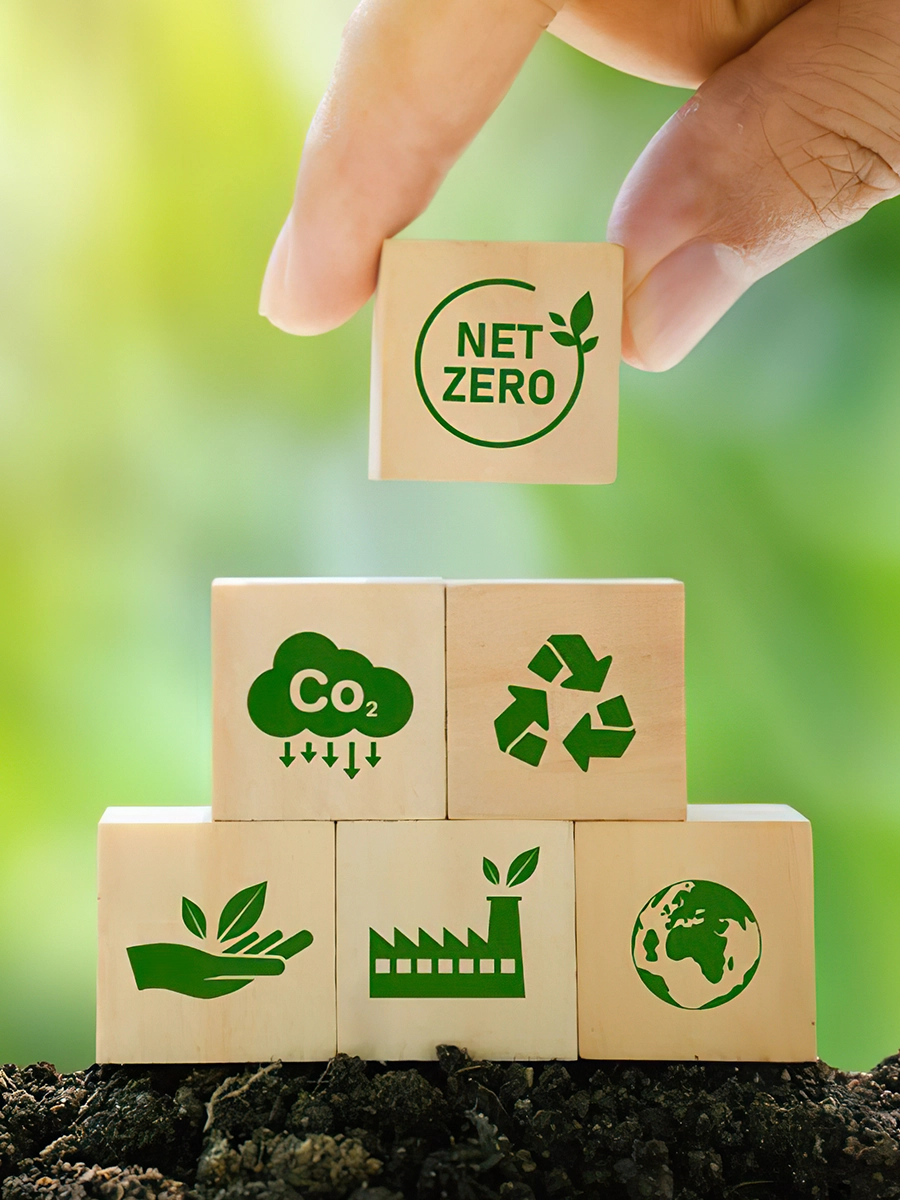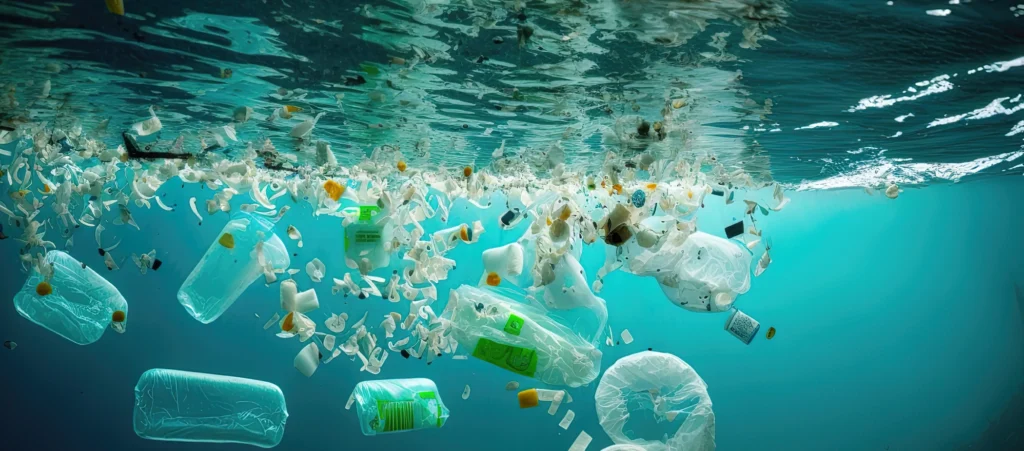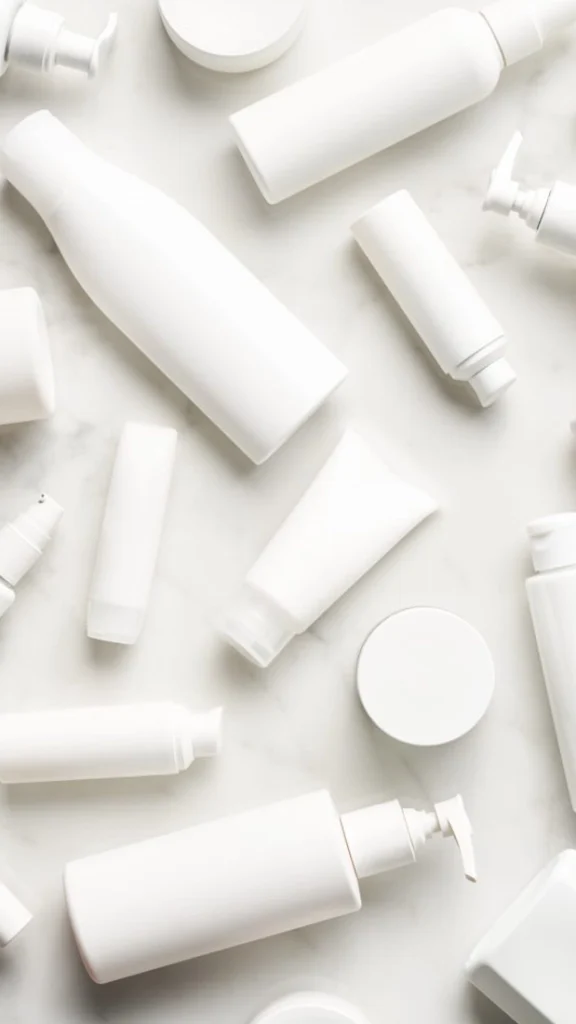
Safe hands at Christmas time
Hand hygiene is the key to ensuring the safety of guests and the success of the menu. Have an enjoyable time, celebrate and eat without the risk of food poisoning!

The hospitality industry must not only take care of the customer experience but also commit to the environment. One of the least visible aspects, but one with real consequences, is the use of cosmetics by users. In environmental terms, this consumption generates a considerable footprint: according to UN Environment, the cosmetics industry produces 120 billion units of packaging per year, most of which is non-recyclable.
Many cosmetics contain microplastics and harmful chemicals that end up in aquatic ecosystems. In the hospitality industry, the daily use of cosmetics is multiplied and indirectly contributes to water pollution, greenhouse gas emissions in their production, and the accumulation of plastic waste. Therefore, it is essential that the sector becomes aware of this issue and promotes sustainable practices in the selection and use of these products.
Hotel and tourist accommodation guests often use cosmetic products during their stay for convenience, personal habits, and wellness expectations. Many establishments offer a basic range of amenities like shampoo, shower gel, soaps, body lotions, and even beauty or shaving kits. These products, most of which are single-use, seek to enhance the customer experience and reinforce the perception of service quality.

During extended stays, it is common to use hygiene and beauty products daily, which increases the amount of plastic packaging, chemicals, and microplastics that are discarded in the hotel environment. This consumption is often neither regulated nor optimised and has a direct effect on the environmental footprint of each establishment.

Every year, more than 5 billion plastic amenity bottles are discarded in hotels around the world.
This represents a huge amount of single-use plastic waste, much of which is not recycled and ends up in landfills or natural ecosystems. For this reason, countries such as Spain, France, and the United States (California and New York) have begun to limit or ban mini-containers in tourist commodities, promoting refillable or bulk solutions.
A single guest can use between 2 and 4 plastic bottles per day. If the hotel replenishes amenities daily, this translates into hundreds of tonnes of unnecessary plastic, which, multiplied by thousands of rooms and millions of stays per year, results in a disastrous environmental problem.
Faced with this growing problem, many hotels and chains have begun to implement more sustainable solutions with practices that reduce waste and the environmental impact of their cosmetics. This is increasingly viewed favourably, improving the establishment’s image among customers who are increasingly aware of their environmental footprint.
Net Zero is the goal of reducing greenhouse gas emissions as much as possible and offsetting the remaining emissions to achieve carbon neutrality.
PRODERPHARMACARE is joining this initiative by offering cosmetics with low environmental impact, formulated with sustainable ingredients and recyclable packaging, thus contributing to a more responsible consumption chain that is aligned with the principles of climate balance.
Discover our EU Ecolabel products.

Hand hygiene is the key to ensuring the safety of guests and the success of the menu. Have an enjoyable time, celebrate and eat without the risk of food poisoning!

PRODERPHARMACARE® attends Hygienalia 2025 with an impeccable presentation, where product testing has been the main attraction.